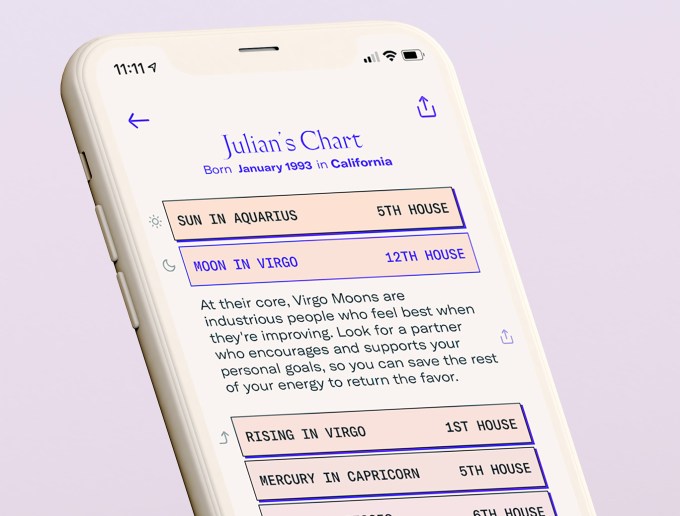Consolidation continues apace in the world of e-commerce, and today it was the turn of the classified ads market. Today, eBay announced that it had reached a deal to sell off its Classifieds business unit to Adevinta, a Norway-based classified ads publisher majority owned by Danish publisher Schibsted. The deal is valued at $9.2 billion, which includes eBay getting $2.5 billion in cash and 540 million Adevinta shares. The deal makes eBay a 44% owner of Adevinta, with a 33.3% voting stake.
Adevinta’s interest in eBay was reported earlier in the week, but with the deal coming at a much lower valuation, of $8 billion.
More generally, it caps off months of speculation about the future for the classifieds business, which has come out of long-term pressure spurred by activist investors for eBay to rationalise what had once been a sprawling e-commerce business empire (advocating for a reverse Amazon, I guess you could say). That included not just its marketplace, but classified ads, payment services (PayPal, which got spun out as a separate company), and ticketing (Viagogo acquired its Stubhub business in a $4 billion deal last year, although that is now facing some regulatory scrutiny.).
Now, all three of those business units are no longer a part of eBay.
Adevinta is in 15 countries and today 35 digital products and websites. eBay meanwhile owns 12 brands in 13 countries around the world, but the business has been hard-hit by the coronavirus crisis. In the last quarter, eBay said that it brought in revenues of just $248 million, down 3% on an as-reported basis and remaining flat on a FX-Neutral basis. For some context, the marketplace brought in revenues of $1.9 billion in the same period.
The overlap will mean a classified ad footprint of 20 countries, and the companies believe that some $150 million – $185 million in synergies will be reached through the combination.
“We are pleased we reached an agreement with Adevinta that brings together two great companies,” said Jamie Iannone, CEO of eBay, in a statement. “eBay believes strongly in the power of community and connections between people, which has been essential to our Classifieds businesses globally. This sale creates short-term and long-term value for shareholders and customers, while allowing us to participate in the future potential of the Classifieds business.”
With little needed but text and a search facility to create a very basic classifieds list, classifieds were one of the first early “hits” of the internet, disrupting newspapers and one of their traditionally most consistent revenue streams (not so anymore, of course).
Over the years, the tech behind what constitutes a “classified ad” has changed, but those in the market are now competing with a wide plethora of alternatives that leverage social and geographical networks to connect people to things or services they might like to buy or rent, including the likes of Facebook’s Marketplace but also a lot of mobile apps and more. And some of these completely undercut the business model of the original disruptors.
That has meant that those who have established themselves in the space have played on consolidation to grow and improve their economies of scale.
“With the acquisition of eBay Classifieds Group, Adevinta becomes the largest online classifieds company globally, with a unique portfolio of leading marketplace brands. We believe the combination of the two companies, with their complementary businesses, creates one of the most exciting and compelling equity stories in the online classifieds sector,” said Rolv Erik Ryssdal, CEO of Adevinta, in a statement.
“We have been impressed with eBay Classifieds Group’s achievements in recent years, leading across markets with nationally recognized brands including Mobile.de, Gumtree, Marktplaats, dba, Bilbasen, Kijiji, 2dehands, 2ememain, Vivanuncios, Automobile.it, Motors.co.uk, Autotrader (Australia), Carsguide (Australia), and eBay Kleinanzeigen, and innovating consistently across its product portfolio and advertising technology platform.”
For now there are no announcements of layoffs or other moves, with eBay’s classifieds executive team coming over with the deal.
“This deal is a testament to the growth and potential of the eBay Classifieds business,” said Alessandro Coppo, SVP and GM, eBay Classifieds Group. “We are excited for our local classifieds brands to join Adevinta and shape a global leader in an industry full of potential.”
The deal is expected to be completed in the first quarter of 2021, subject to regulatory and shareholder approvals.
As part of, Schibsted will acquire eBay Classifieds’ Danish business once the deal closes.
“Schibsted’s Board of Directors and management strongly supports the agreement between Adevinta and eBay, as we are confident that it will further strengthen the value creation potential for Schibsted and the rest of Adevinta’s shareholders. Schibsted intends to continue to contribute to the value creation for all Adevinta shareholders as a significant long-term anchor shareholder,” said Kristin Skogen Lund, CEO of Schibsted in s a statement.








